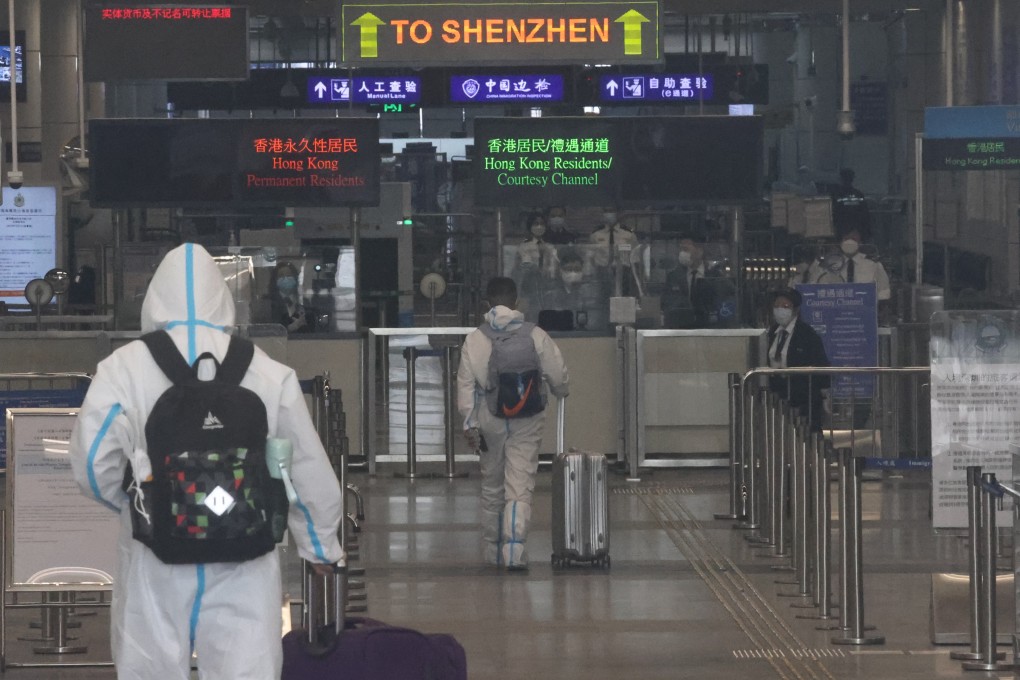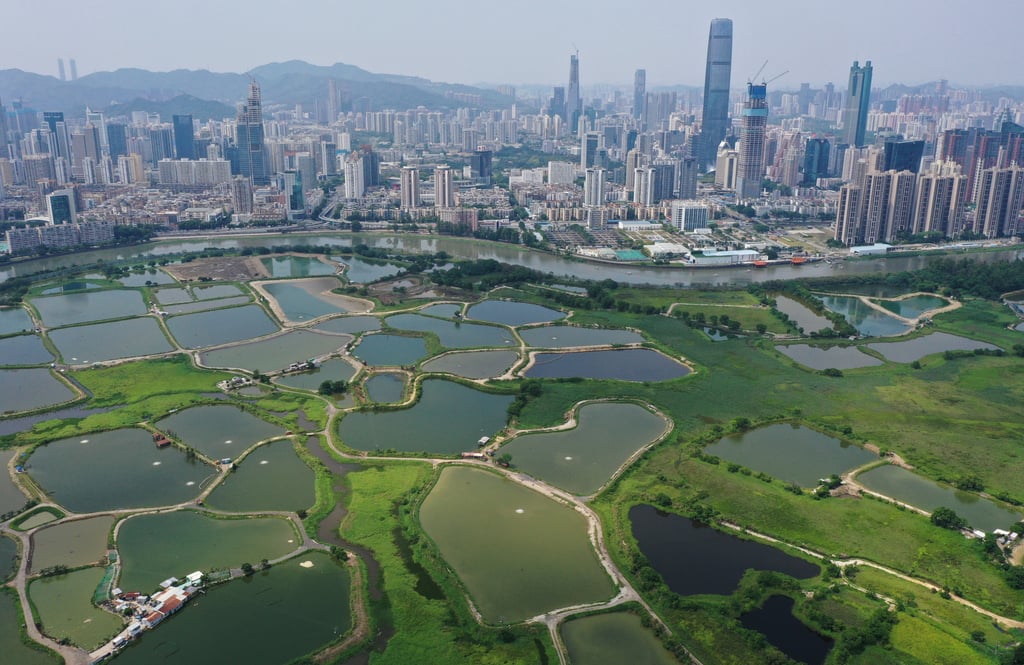Advertisement
Opinion | Hong Kong needs to nurture and retain talent, not push our best young people across the border
- Closed borders aside, by telling young people Hong Kong is no longer the land of opportunity, we are fuelling the brain drain. Worse, we seem to be saying there is nothing for them here
- At the heart of these conflicting messages is Hong Kong’s continued struggle to fit in, as part of China and in a world of growing complexity
Reading Time:3 minutes
Why you can trust SCMP
13

The Hong Kong Special Administrative Region is almost halfway into its 50 years of no change. And, true to the words of the paramount leader Deng Xiaoping, the “horse racing will continue, and dancing parties will go on”.
As well as the racing and dancing, Hong Kong has managed to preserve its long working hours, warped work-life balance, unaffordable homes, congestion at the cross-border tunnel and insistence on bringing up our youths to be overachievers.
And, 25 years on, our insecurities – how we identify and position ourselves as Hongkongers – remain a collective struggle. We are still trying to figure out where we fit in, as part of a country that has undergone phenomenal changes in the past three decades, and in a region and world of growing complexities.
We are an international city that has always prided ourselves on attracting talent from all around the world. We are also a gateway to mainland China and, as such, we have devoted much to cross-border integration.

Just last week, the State Council unveiled a 26-point document that outlines how Hong Kong, Macau and Nansha are to increase cooperation across many sectors, as part of the nation’s ambitious plans for developing the Greater Bay Area. It is Beijing’s intention to attract young Hongkongers to work, study and start businesses in Nansha.
Advertisement
